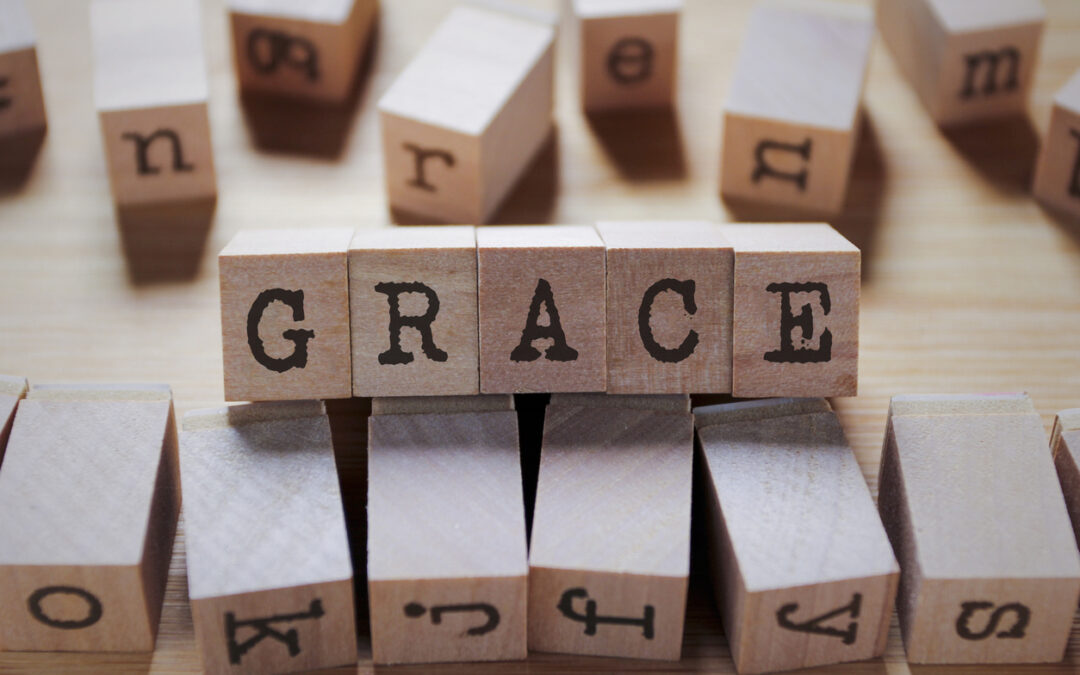
by Emily | Nov 8, 2021 | Fitness, Uncategorized
The National Sleep Foundation refers to sleep as an “essential function” and cautions that chronic sleep deprivation can lead to a number of health issues including obesity, type 2 diabetes, high blood pressure, heart disease, stroke, poor mental health, and even early death. The bottom line is that getting good sleep is important and when events like the recent time change disrupt our usual sleep routines, we need to pay special attention to getting ourselves back on track.

by Emily | Nov 3, 2021 | Fitness, Food
Turns out, constant snacking might not be a great thing for the reasons discussed in the prior post about intermittent fasting. Studies show that the more the body has to work on digesting, the less time it has to perform its necessary maintenance and repair functions. When the body doesn’t address cellular issues, breakdowns occur.

by Emily | Oct 21, 2021 | Fitness, Food
Apparently, studies show giving your body breaks between eating allows it more time to rest from the energy-consuming tasks of the digestive functions. Digesting food requires lots of energy and attention from your cells. When it doesn’t have to do all the work of digesting, your body can do other things it needs to do, like rest and repair which also require a great deal of energy.

by Emily | Oct 14, 2021 | Faith, Fitness, Food
Enter Grace. Literally, Saving Grace. Being a Christian, “Grace” is supposed to be an important word in my lexicon, but to be honest, I am just beginning to understand it and its magnitude.

by Emily | Oct 13, 2021 | Fitness
Take time to congratulate yourself and commemorate the event. You can write it on the calendar, check the box on your exercise journal or food tracker, or even give yourself a Facebook shoutout if you’re feeling it. This life is yours; claim its events as newsworthy and revel in your own glorious headlines.





